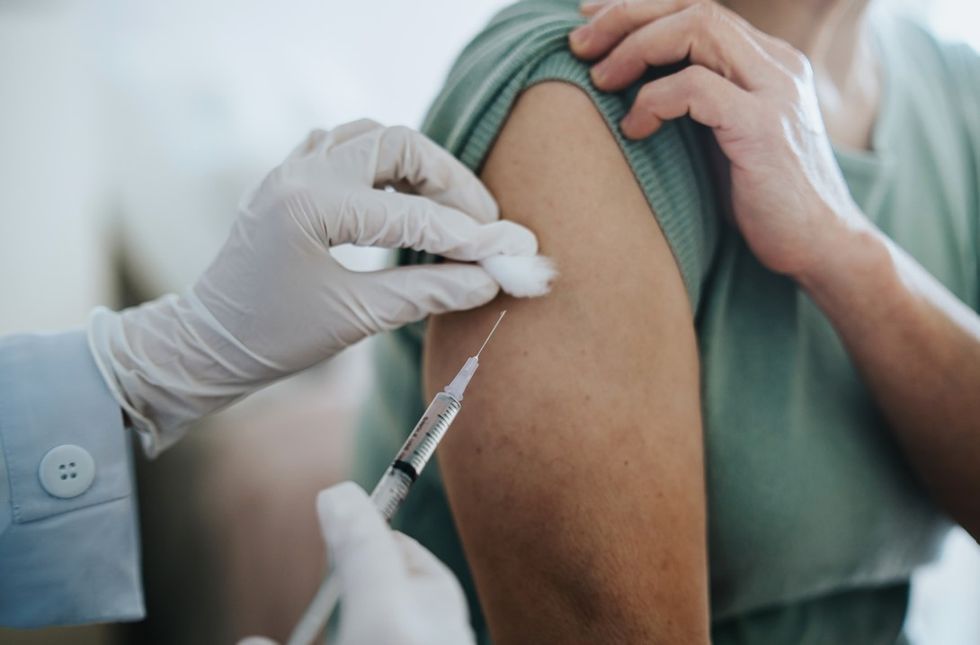'I have vitamin B12 deficiency and feel nothing when my husband touches me - it's my most upsetting symptom'

B12 sufferer reveals how a loss of sensory feeling is causing intimacy issues with her husband
|Getty Images

The symptoms of B12 deficiency can creep into all areas of your life
Don't Miss
Most Read
Latest
A patient with B12 deficiency has revealed how her "most upsetting symptom" is getting in the way of her marriage.
Her heartbreaking admission shines a light on a hidden condition that's estimated to affect around six percent of the UK population, although the real number is likely higher.
That's because the symptoms are often confused or missed initially - and these delays can be devastating.
One patient can speak to the horrors of B12 deficiency. Taking to Reddit, the unnamed user revealed a loss of sensory feeling is causing intimacy issues with her husband.

When her husband touches her, she feels 'disconnected' because she cannot feel it
|Getty images
"Have you been able to clear any of your symptoms?" The user wrote in desperation.
She continued: "I think my most upsetting symptom is that I haven’t felt my skin since December.
"My husband touches me, and I’m so disconnected because I can’t feel it. I try to convince myself (like a muscle memory thing) that I know what it is supposed to feel like, but it doesn’t work. I guess the nerve damage just laughs at me."
Damage to parts of the nervous system, or peripheral neuropathy, is a serious complication of B12 deficiency.
It can affect sensory nerves. Other neurological problems include:
- Vision problems
- Memory loss
- Pins and needles
- Loss of physical co-ordination (ataxia), which can affect your whole body and cause difficulty speaking or walking
LATEST DEVELOPMENTS
 | GETTY
| GETTYA concerning number of patients would disagree.
Data from a review of patient experiences and surveys involving more than 2200 patients with B12 deficiency in the UK indicate that many patients have concerns related to healthcare quality, safety, and treatment, with nearly two thirds of respondents reporting that their treatment is insufficient to manage symptoms.
Some patients may experience recurrence or worsening of symptoms when the interval between injections is extended or extended too quickly, and report that continuation of frequent intramuscular hydroxocobalamin injections - one of the main treatments - varying between twice weekly and once every three to four weeks, is needed to remain asymptomatic.
Why certain patients require more frequent treatment is not understood.










